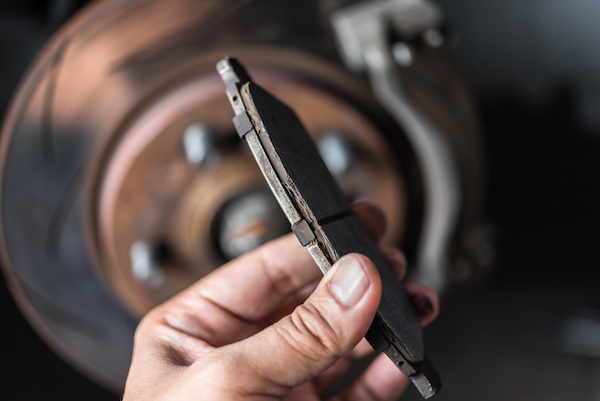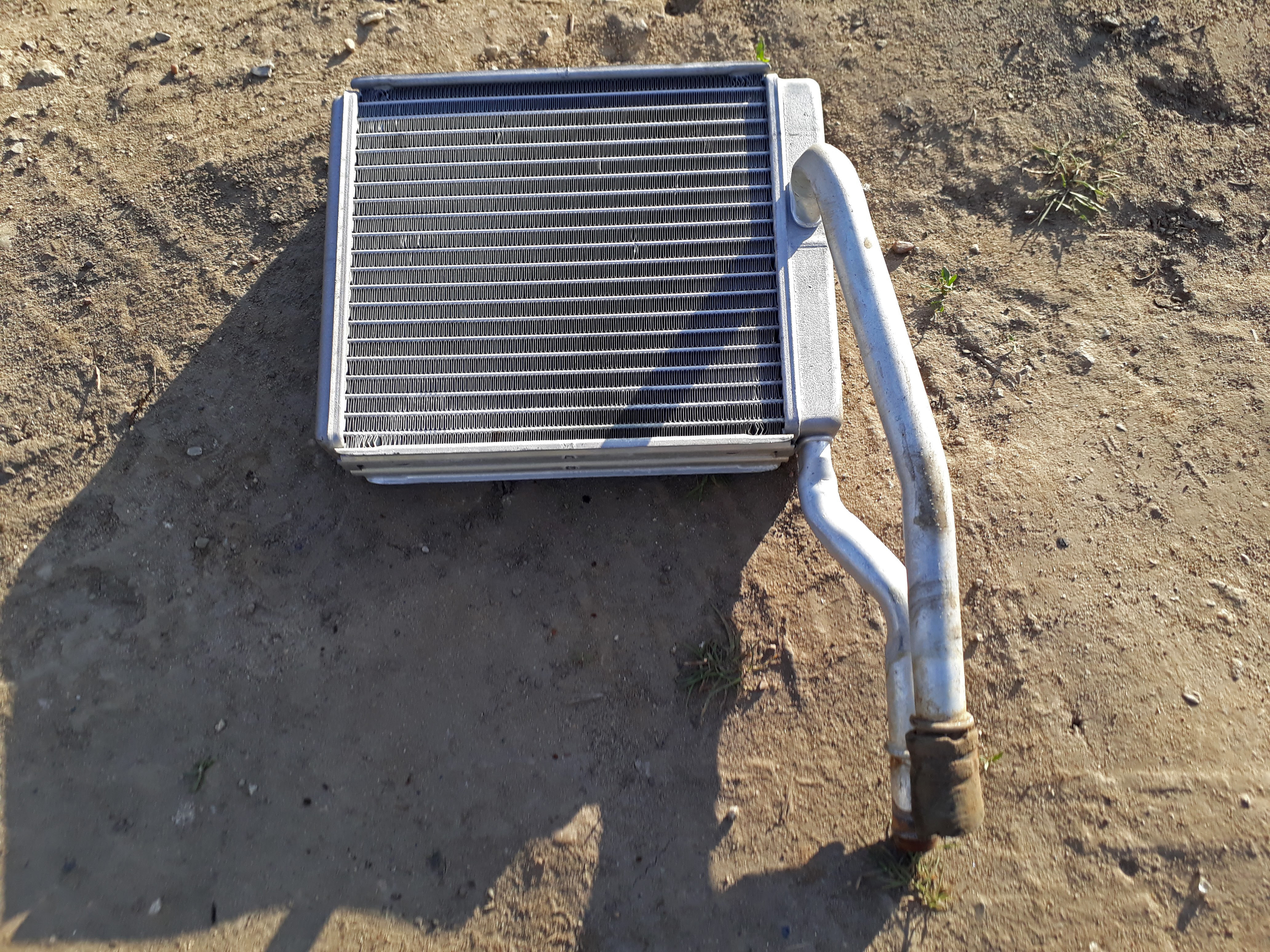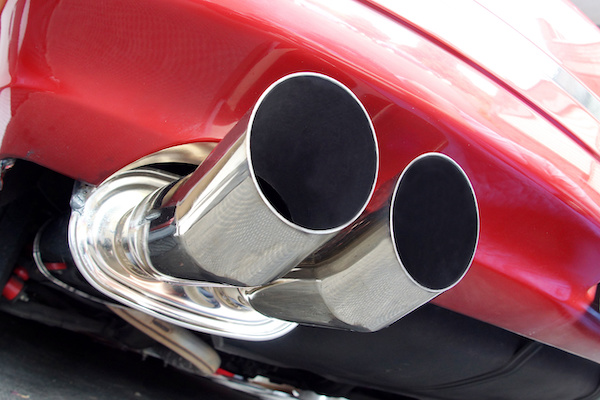Posted on 4/25/2022

The Brake pads are an essential part of your car's braking system. The Disc brakes depend on the brake pads, rotor, and caliper to work correctly. The brake pads are found in the caliper, and they are one of the parts that clamp down on the rotor. The brake pads wear out because of the friction put on the rotor when stopping the wheel. There is more to learn about the brake pads, and the information below will be helpful; Types of Brake Pads There are different types of brake pads to choose from depending on the size and type of your car; Semi-Metallic Brake Pads The Semi-metallic brake pads are 30 to 65 percent metal; these brake pads are considered very durable. But they might not work efficiently in extremely low temperatures. The Semi-metallic pads are affordable and easier on the rotors than the ceramic brake pads. However, these brake pads are louder and do not last as long as the ceramics. Therefore, they are ideal for high-performance and race vehicles. Cerami ... read more
Posted on 3/18/2022

We're sure most of you have one or more road trips planned for the upcoming spring and summer. With road travel, there are a few things you should do in advance to prep for a safe trip. The last thing you want to be dealing with in warm weather is a breakdown. Here are some areas to assess before hitting the road: Fluids and Filters - Since your vehicle runs on many fluids (coolant, motor oil, brake fluid, windshield washer fluid, etc.), it is imperative that you check their levels and conditions before driving. They may need something as simple as a top-off or complicated as a flush. If you need help with your fluid maintenance, please come by Westside Car Care. Tires - Your tires are the only part of your car that makes contact with the road. You're definitely going to want them to be correctly inflated to take on unfamiliar roads. Not only will that guarantee your safety, but it will support even wear and boost gas mileage. Brakes - Healthy brakes are crucial for your saf ... read more
Posted on 2/28/2022

This time of year is not ideal to have a malfunctioning heater core. NOw that it is mighty cold in Yakima, WA, we need to crank up our heaters as soon as we start our cars. If you haven't gotten your vehicle's heating/cooling system inspected recently, please do so to ensure your car's heater works. A heater core is somewhat like your radiator, and it is in charge of powering your heating and defrosters. When this critical component has problems, there won't be enough coolant traveling through your car, disabling your heat from blowing warm air. Below are some common signs that you've got heater core problems: Sweet scent coming through the vents - The core has a series of fluid lines for coolant to flow through. These passageways can break down over time and cause leaks. Fortunately, coolant is easy to detect with its syrupy smell. Foggy windows - The air that is heated by your heater core is supposed to defrost your windows. If you turn this setti ... read more
Posted on 1/31/2022

There's a good chance that you've heard a vehicle with a broken muffler (or one without one at all) before. While the muffler is known for its pops and roars, it plays a significant role in your exhaust system. It is responsible for moving the excess sounds from the engine and silencing them, so they aren't disruptive to those around you. As a result, it grants you a nice and quiet car ride. Furthermore, the muffler also plays a role in filtering out toxic fumes from the combustion cycle. The muffler directs safer vapors out the tailpipe. When Should You Replace Your Vehicle's Muffler? Just like any other car part, the muffler can wear down over time. It will happen to every driver eventually, and they will have to replace the muffler at some point. The muffler may also need to be replaced due to damage. Any cracks or punctures in the muffler will be very disruptive. The leading cause of these holes is rust. Since the muffler is very exposed to condensat ... read more
Posted on 12/22/2021

Ice-cold temperatures are not only harmful to your health but your car. That's why you need to book your next service ahead of cold seasons. Dropping temperatures insert more pressure on your battery. Winter weather affects your safety and driving. Here is how cold weather affects your vehicle.1. Car Fluids Thickens Extreme cold is hazardous to your driving. Fluids such as oil, brake fluid, transmission and power steering thicken. Thicker oil puts so much strain on your engine, which might stop working normally. In the long run, this decreases the engine life. 2. Deflated Tires When air comes into contact with cold temperatures, it contacts. Thus, the amount of pressure in the tire decreases. Lower tire pressure affects the traction leading to tire failure. Check your tire pressure when the temperatures begin to decrease. Using all-season tires maintains low temperatures and normally hardens the rubber. It diminishes the ab ... read more